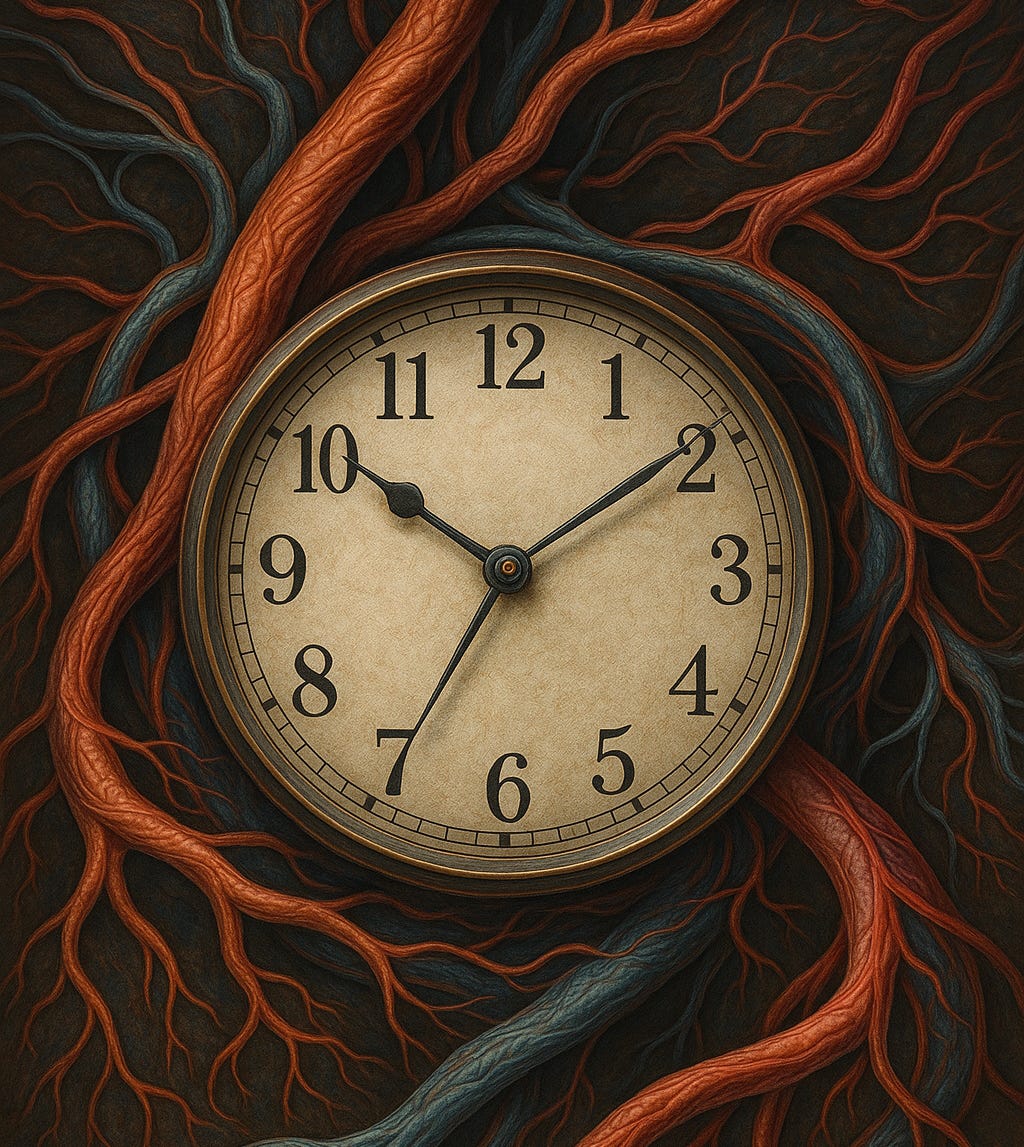Bedtime Dosing of Blood Pressure Medications Shows Measurable Benefits
New trial suggests evening administration of olmesartan-amlodipine may improve nocturnal blood pressure control without added risks
A multicenter randomized trial in China found that taking olmesartan-amlodipine at bedtime reduced nighttime systolic blood pressure by an additional 3 mm Hg compared with morning dosing, with improved circadian rhythm and no increase in nocturnal hypotension.
Study Details
Researchers from Sichuan University examined whether the timing of antihypertensiv…
Keep reading with a 7-day free trial
Subscribe to Just Healthcare to keep reading this post and get 7 days of free access to the full post archives.


